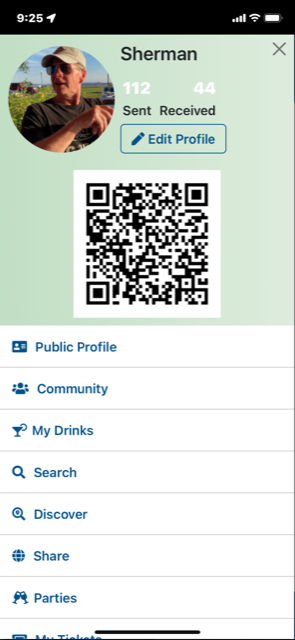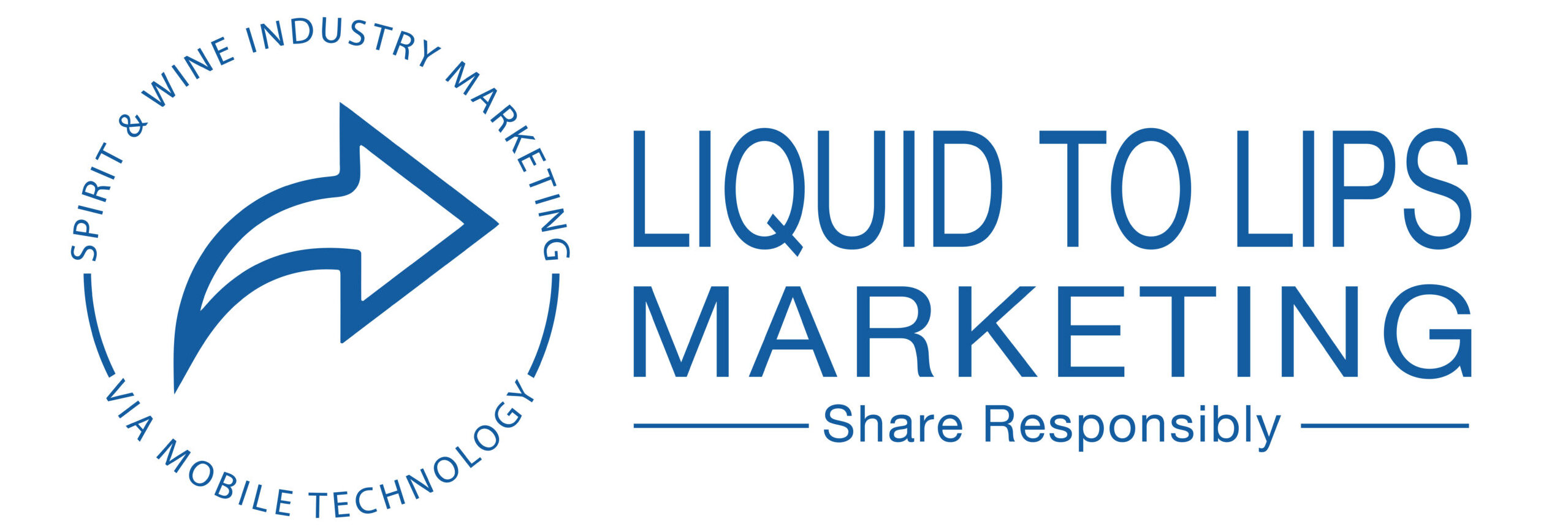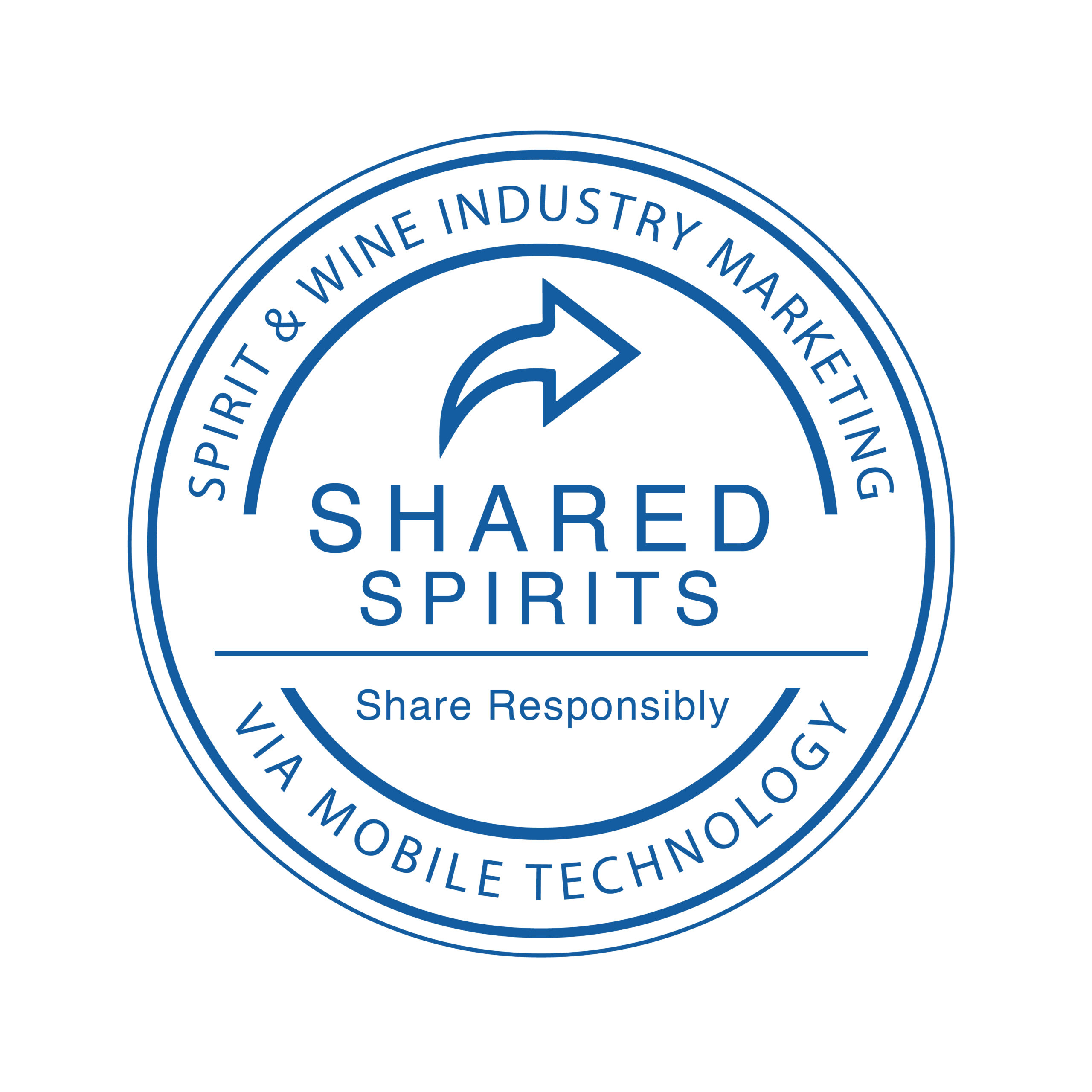Alcohol beverage samplings on-premise feature hurdles in many parts of the country.
The myriad of regulations involving sampling of alcohol read more like big pharma rules than regulations that should be governing something as universal as spirits, wine, and beer.
In control states where liquor is sold by state owned entities, sampling is even more tough. The ability to get your spirits, wine, or beer product exposed to the market in on-premise partners, bars or restaurants can be a challenge.
The hurdles are numerous.
Regulations vary state to state. Interpretations of sample sizes, what alcohol licensed venues are allowed to feature sampling, and how often may these samplings occur are just the start of the complexity.
Based on the budgets allocated for sampling consumers it is our experience that for every sample given to a consumer, x dollars was spent.
A breakdown of the cost. This is an approximation. The primary costs are well known.
Sample product – This will vary based on the product being sold. The product is either pulled from the distributor stock or it is purchased by the sampling/sales rep or the agency. So let’s assume anywhere from $13.00 for a wine or low end spirit or four-pack of an RTD.
Employee costs – If the brand is using its own people, their salaries, travel costs, opportunity costs, and so on are a key factor. If the employee is earning $70K to $100K then the spend is at minimum $34 to $50 hourly for the employee’s time and attention.
Agency costs – Typical agency pricing will be $60 to $80 hourly in most markets.
Typical time spent – 3 hours at $34 to $80 hourly plus product costs.
Over the course of years, the average number of people sampled at a large number of spirits and wine stores is 45 people.
Assuming the sampling’s hard cost is approximately $220.00, the average cost to share a sip of a product with an individual consumer is $4.88. When one averages in appointment setting, distributor communication, reporting, and administration costs, it becomes clear, that real costs may be closer to $9.00 per sample.
Many brands grow this way. It takes a significant commitment.
The upside?
Every sampling delivers value for the retail partner. In states where sampling occurs in retail stores, the store receives the benefit of extra sales staff for three hours. Over the course of time, sales of sampled product increases at no cost to the store. Relationships are built and over time, the staff and customers become familiar with the brand and recommend it more often.
We like to remind brands of this poorly observed reality. Bartenders sell cocktails that may feature your brand, retail staff sells cases of your stuff.
Additional upsides? If a brand is proactively scheduling and conducting samplings, the retail store will continue to purchase your product. Staff will become familiar as will customers. We find that sampling for higher end luxury and premium brands generally doesn’t deliver volumes of bottle sales at the event, however, sales do go up over time. Sometimes, a $129 bottle of something isn’t going to be an impulse buy.
What are the downsides?
Expenses. Sampling at scale isn’t cheap. When you’re averaging $220 per event and you do two a week, it’s not long before expenses add up.
No data. Sure, technology now allows us to track basic demographics, comments, sales for an event, and so on. However, sampling firms still don’t deliver consumer level data that allows agencies, suppliers, or marketing pros to continue to market to the individual who sampled the product.

Sales WILL NOT cover sampling expenses. This is a long game.
No marketing follow up occurs. Show us a system for sampling where customers who sampled are followed up with using a systematized approach. We only know of one. It’s ours.
So how to derive more growth and stickiness from on-premise sampling?
Shared Spirits has delivered a sampling tech that makes cocktails, wine, beer from beverage menus buyable, shareable, and redeemable. We also can leverage our tech with prebatched cocktails, sharing short pours in states where allowed while simultaneously knowing who exactly drank a brand’s sample.
This is vital to future brand growth. Knowledge of your customer’s life time value is more important than any single metric. How much did they spend on your product during a period of time?
Failure to stay in marketing touch with your top buyers, or super consumers, as Eddie Yoon calls them, is a profound miss.
For a quick conversation about how Shared Spirits helps your brand grow, schedule a chat. We love to talk about the alcohol beverage business! Click here!

